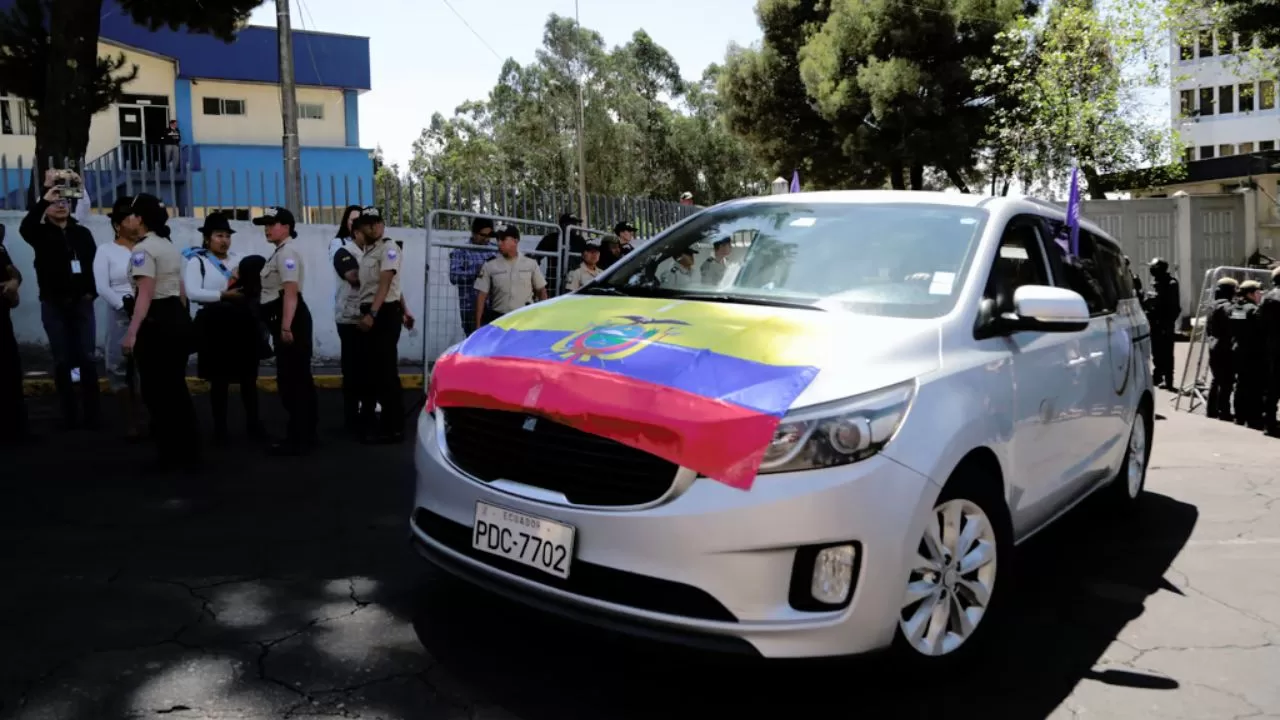The delegations plan to consult with the head of the Houthi Supreme Political Council, Mahdi al-Mashat, the Houthi-run SABA news agency reported. The talks are about “lifting the siege with all its consequences”. The aim is to end the aggression and restore the rights of the Yemeni people.
The advice brokered by Oman is a glimmer of hope for the impoverished Yemen and its people, who have been suffering from the war for many years. They were set in motion by a rapprochement between Saudi Arabia and Iran – the two states are struggling for supremacy in the region and are waging a proxy war in Yemen. A few weeks ago, the two rivals agreed to resume diplomatic relations.
Yemen: talks on ceasefire
Delegations from Saudi Arabia and Oman have arrived in Yemen to consult with the Houthi rebels on a permanent ceasefire in the eight-year war. In the capital, Sanaa, they meet the head of the Houthi Supreme Political Council, Mahdi al-Mashat.
country completely destroyed
In Yemen, Iran supports the Shia Houthi rebels, while Saudi Arabia leads a group of Sunni-leaning Gulf states that has sided with the anti-Houthi government. Tens of thousands of people were killed in the course of the fighting, the true number of deaths is unclear and probably much higher. The economy has collapsed and the population is threatened by famine. Around 80 percent of the people are dependent on international aid.
Also UNO with peace efforts
Parallel to the talks brokered by Oman, peace efforts by the UN are ongoing. At the end of 2014, the Houthis overthrew Saudi Arabia-backed President Abd Rabbo Mansur Hadi, whom they accused of corruption and mismanagement. In 2015, Saudi Arabia intervened in the conflict and forged an alliance of Sunni countries against the Houthis. The Saudi Arabian-backed government controls the south of the country, where Aden is located, while the Shia Houthi rebels control the north.
Diplomatic relations between Saudi Arabia and Iran have been suspended for seven years after protesters in Iran attacked Saudi Arabian embassies following the execution of a Shia cleric in Riyadh. Mediated by China, the two countries agreed on March 10 to resume diplomatic relations. The foreign ministers of both countries met in Beijing last Thursday.
According to current plans, a normalization of relations is to be formally sealed during a visit by Iranian President Ebrahim Raisi to Riyadh at the end of April after the Islamic month of fasting, Ramadan. The China-brokered deal sees Iran and Saudi Arabia reopening their embassies in each other’s countries. In addition, economic relations are to be revived.
Does rapprochement bring other balances of power?
The rapprochement between Sunni-Muslim-majority Saudi Arabia, the world’s largest oil exporter, and Shia-majority Iran, which is under Western sanctions for its nuclear program, has the potential to reshape the balance of power in a region marred by decades of unrest. China’s success in mediating between the two previously warring states is challenging the role of the US as the traditional mediator between the powers in the Middle East.


